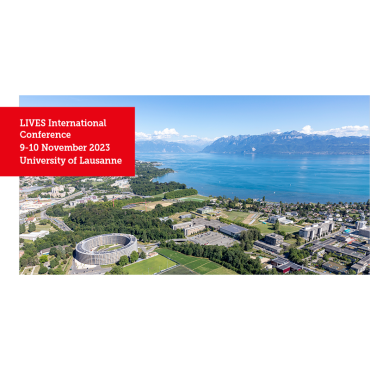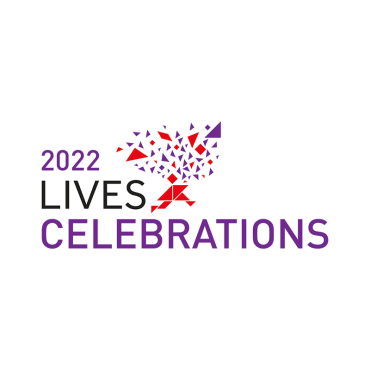Since 2022, the LIVES Centre has organised an international conference at the University of Lausanne or the University of Geneva. This event is an opportunity to stimulate discussion and interdisciplinary research on the life course, drawing on the wealth of the Centre LIVES network of junior and senior researchers.
The programme includes keynote lectures, themed sessions and poster presentations. More information is available below on the various editions of the conference.
Mobility in the life course - 5-6 November 2024 - University of Geneva
The early 21st century is marked by novel forms of mobility encompassing migration, family, career and social mobility. Yet, individual mobility encounters considerable resistance: international migrations face regulations that control movement across national borders; new forms of family mobility clash with traditional norms; novel career paths conflict with costly migration or family changes; while social mobility, especially intergenerational mobility, remains often trapped by institutions such as educational systems. To shed light on evolving forms of mobility, this conference brings together two perspectives developed within the National Centers of Competence in Research (NCCR): the life course perspective (Centre LIVES, Lausanne and Geneva) and the Migration-Mobility Nexus (nccr – on the move, Neuchâtel).
The life course in turbulent times - 9-10 November 2023 - University of Lausanne
A shared vision of research on vulnerability in a life course perspective - 17-18 November 2022 - Campus Biotech, Geneva
The Conference focused on our twelve years of joint research conducted at NCCR LIVES and our shared vision of research on vulnerability in a life course perspective for the next ten years. We welcome presentations on all relevant areas of life course research, such as family, health, employment, education, old age, family, gender relations or innovative longitudinal methods. We are particularly interested in interdisciplinary research and research showing mechanisms of and policy responses to vulnerability in the life course.




